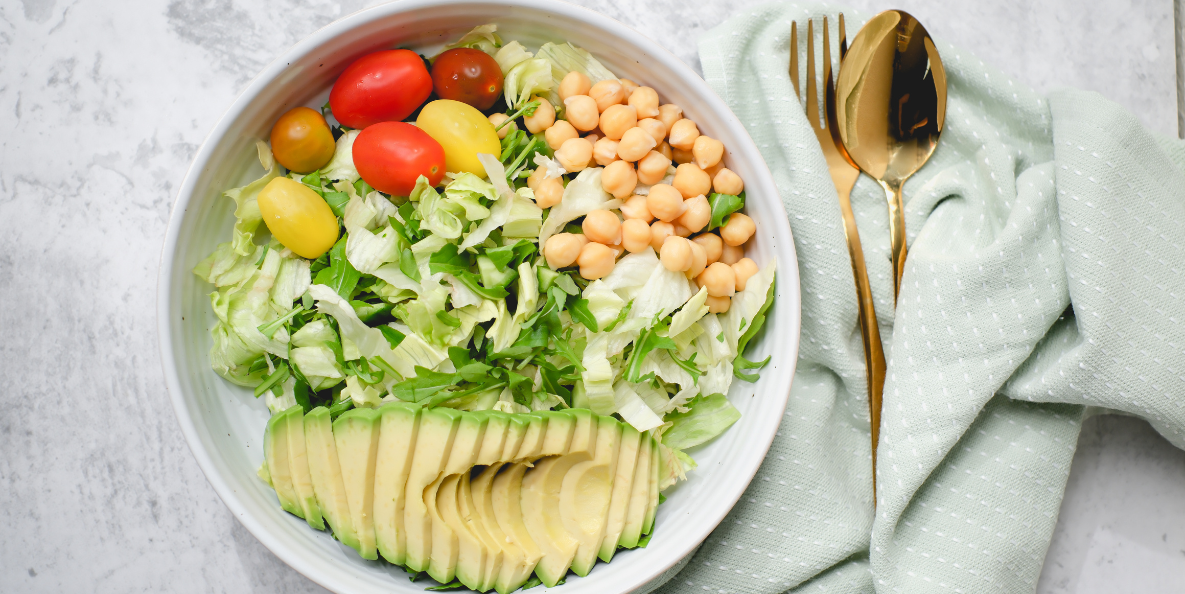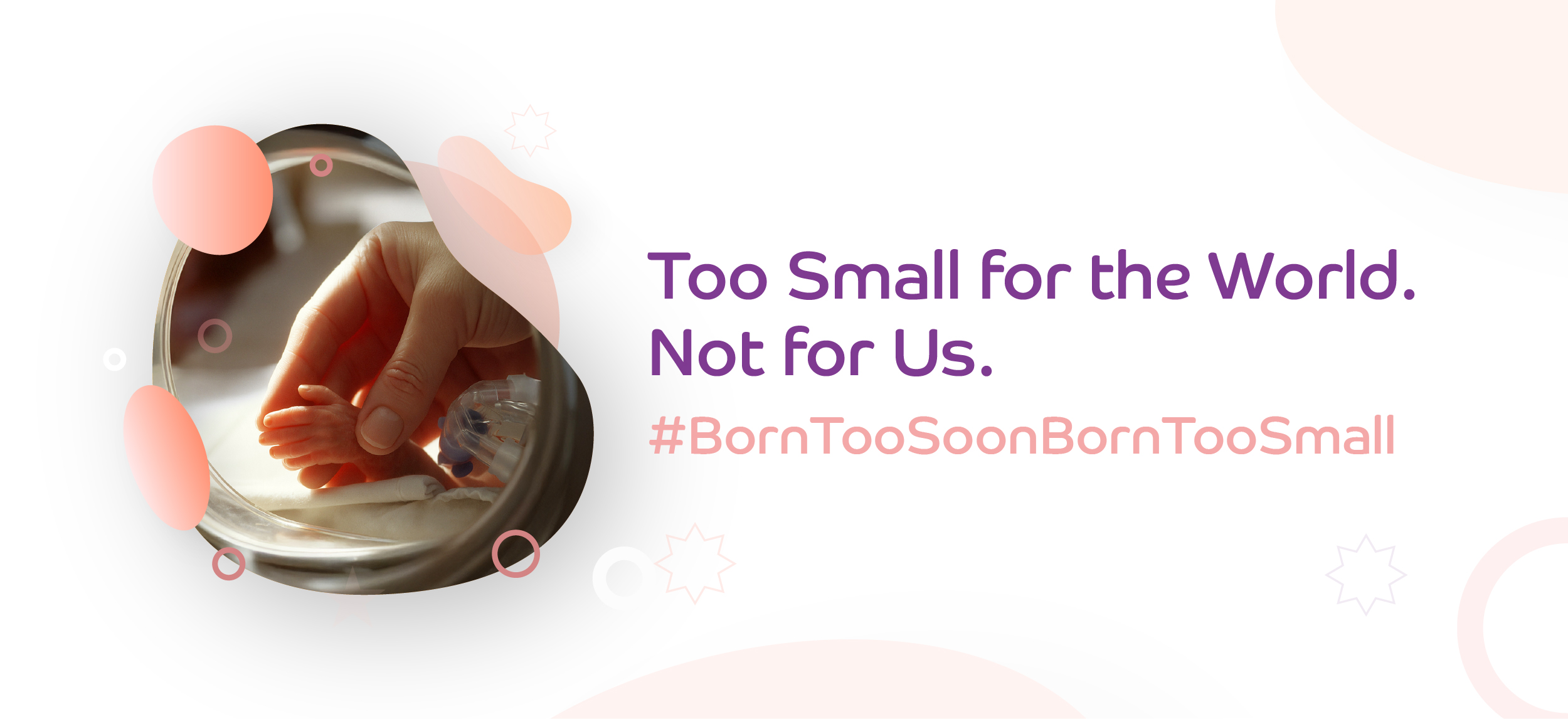Categories
All you need to know about Postnatal Diet
Aug 10, 2024
Pregnancy is not an easy journey. It involves a series of physical, emotional and psychological changes influenced by the hormones of pregnancy. This is followed by the perils of labor and delivery. Next is the postpartum period which revolves around the care of the newborn and breastfeeding which possess severe challenges for the new mother. During this period postnatal diet plays an important role in their mental and physical well being while the body heals from the pregnancy and the delivery and breastfeeding is established effectively. This article focuses on he important role of postnatal diet which influences the quantity and quality of breast milk by providing essential nutrients to support breast feeding. Postnatal diet should include a 500 extra calories rich in calcium and proteins in addition to extra fluid.
Essentials in your diet
1. First step towards optimum beast feeding is to stay well hydrated. Incorporating 3 to 4 lts of fluid in the diet either as mil, juice or water etc will help in this venture. Sine 80% of the breast milk is constituted by water.
2. Women lose blood naturally during childbirth, therefore it's critical that their bodies get more iron. It is imperative to incorporate foods rich in iron, such as organ meats, raisins, green leafy vegetables, and garden cress seeds.
3. Iodine is another essential mineral for nursing moms since it promotes thyroid function, baby growth, and brain development. Seafood, seaweed, table salt, milk, yogurt, and cheese are some of the sources.
4. The development of an infant's brain and the reduction of inflammation in mothers are both aided by omega-3 fatty acids, which may also lessen the symptoms of postpartum depression. Walnuts, flax seeds, and oily salmon are also great food sources of the same.
5. Pregnancy and lactation raise the need for calcium in order to maintain the bone health of the mother and the unborn child and breastfeeding newborn. Add ragi, green leafy vegetables, sesame seeds, milk, yogurt, and cheese to your diet.
Some other foods that you can add in your diet
● Choose from a variety of vegetables such as leafy greens, bell peppers, beetroot, broccoli, carrots, kale, sweet potatoes, tomatoes, celery, and cabbage.
● Enjoy a selection of fruits like citrus fruits, berries, mangoes, melons, apples, avocados, bananas, and papayas.
● Incorporate whole grains such as ragi, jowar, bajra, quinoa, oats, rice, chickpeas, and kidney beans for sustained energy.
● Ensure sufficient protein intake with options like eggs, dairy products, fish, poultry, tofu, beans, seeds, nuts, lentils, and edamame.
● Stay well-hydrated with coconut water, which is essential during this period.
It's important to prioritize a balanced diet and maintain a regular exercise routine. This lifestyle supports hormone regulation, aids in postpartum recovery, and enhances the health of your baby while breastfeeding. A well-balanced postnatal diet provides essential nutrients for both mother and baby's well being.
Eating a balanced postpartum diet, regular exercise and exclusive breastfeeding is crucial if weight loss is your goal. Before making any significant dietary adjustments to lose weights, take time to enjoy the blessing of having become a mother and be gentle to yourself.Taking a nap will giv you both mental and physical rest. don’t prioritize weight loss during your initial weeks after delivery. Yo can start weight loss programs once the baby starts supplementary feeds. Maintaining a healthy postpartum diet is important both for the mother and the newborn.
Pregnancy is not an easy journey. It involves a series of physical, emotional and psychological changes influenced by the hormones of pregnancy. This is followed by the perils of labor and delivery. Next is the postpartum period which revolves around the care of the newborn and breastfeeding which possess severe challenges for the new mother. During this period postnatal diet plays an important role in their mental and physical well being while the body heals from the pregnancy and the delivery and breastfeeding is established effectively. This article focuses on he important role of postnatal diet which influences the quantity and quality of breast milk by providing essential nutrients to support breast feeding. Postnatal diet should include a 500 extra calories rich in calcium and proteins in addition to extra fluid.
Essentials in your diet
1. First step towards optimum beast feeding is to stay well hydrated. Incorporating 3 to 4 lts of fluid in the diet either as mil, juice or water etc will help in this venture. Sine 80% of the breast milk is constituted by water.
2. Women lose blood naturally during childbirth, therefore it's critical that their bodies get more iron. It is imperative to incorporate foods rich in iron, such as organ meats, raisins, green leafy vegetables, and garden cress seeds.
3. Iodine is another essential mineral for nursing moms since it promotes thyroid function, baby growth, and brain development. Seafood, seaweed, table salt, milk, yogurt, and cheese are some of the sources.
4. The development of an infant's brain and the reduction of inflammation in mothers are both aided by omega-3 fatty acids, which may also lessen the symptoms of postpartum depression. Walnuts, flax seeds, and oily salmon are also great food sources of the same.
5. Pregnancy and lactation raise the need for calcium in order to maintain the bone health of the mother and the unborn child and breastfeeding newborn. Add ragi, green leafy vegetables, sesame seeds, milk, yogurt, and cheese to your diet.
Some other foods that you can add in your diet
● Choose from a variety of vegetables such as leafy greens, bell peppers, beetroot, broccoli, carrots, kale, sweet potatoes, tomatoes, celery, and cabbage.
● Enjoy a selection of fruits like citrus fruits, berries, mangoes, melons, apples, avocados, bananas, and papayas.
● Incorporate whole grains such as ragi, jowar, bajra, quinoa, oats, rice, chickpeas, and kidney beans for sustained energy.
● Ensure sufficient protein intake with options like eggs, dairy products, fish, poultry, tofu, beans, seeds, nuts, lentils, and edamame.
● Stay well-hydrated with coconut water, which is essential during this period.
It's important to prioritize a balanced diet and maintain a regular exercise routine. This lifestyle supports hormone regulation, aids in postpartum recovery, and enhances the health of your baby while breastfeeding. A well-balanced postnatal diet provides essential nutrients for both mother and baby's well being.
Eating a balanced postpartum diet, regular exercise and exclusive breastfeeding is crucial if weight loss is your goal. Before making any significant dietary adjustments to lose weights, take time to enjoy the blessing of having become a mother and be gentle to yourself.Taking a nap will giv you both mental and physical rest. don’t prioritize weight loss during your initial weeks after delivery. Yo can start weight loss programs once the baby starts supplementary feeds. Maintaining a healthy postpartum diet is important both for the mother and the newborn.











